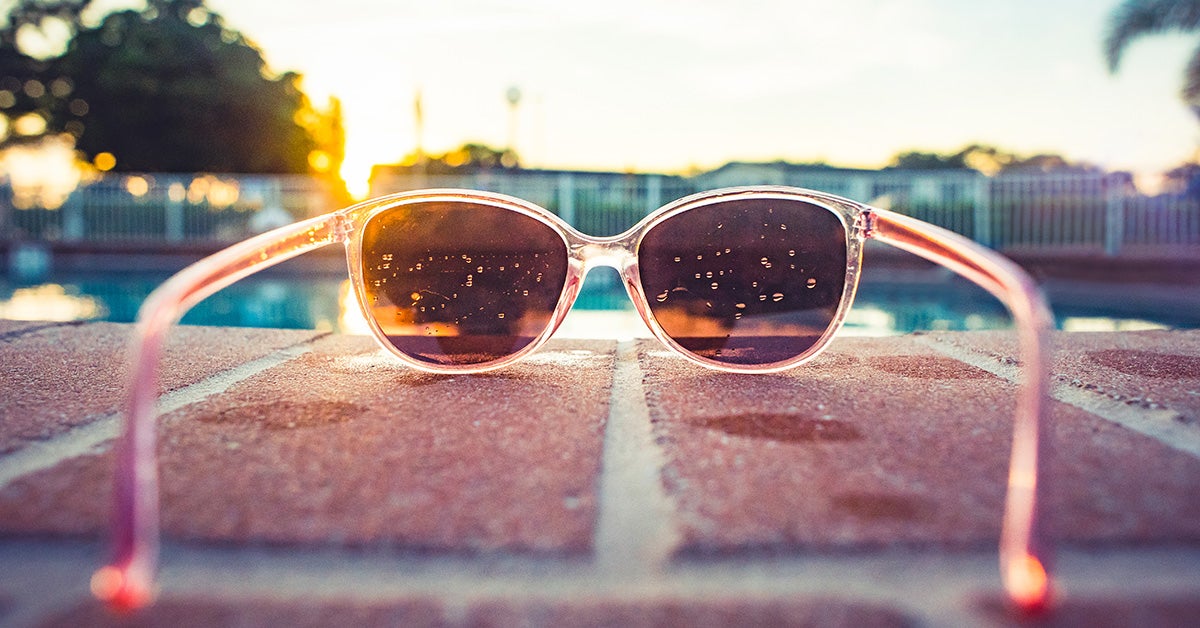Hard Water and Soft Water: Differences, Advantages, and Disadvantages
You've probably heard the terms 'hard water' and 'soft water.' You may wonder what determines the hardness or softness of water and whether one type of water is healthier or safer to drink than the other.
Although water is typically crystal clear, it contains minerals and chemicals. The concentration of certain minerals is what creates the 'hardness' of water.
This article will look at the differences between the two types of water, as well as the pros and cons of each and what to know about water softening.
The hardness of water is determined primarily by the amount of calcium and magnesium it contains. Higher levels of these and other minerals make water hard.
Water softening systems work by reducing the concentrations of minerals from the water.
Instead of having higher levels of calcium and magnesium, soft water tends to have higher concentrations of sodium, or salt.
You can't usually tell by looking at water whether it's hard or soft. Sometimes the feel of water and what it does to items in your dishwasher or washing machine can be a tip-off.
Signs of hard water include:
- Feeling a film on your hands after washing them. This is caused by the soap reacting with calcium to form soap scum. You may need to rinse your hands longer if the water is hard.
- Spots. These can appear on glasses and silverware coming out of the dishwasher. These are usually deposits of calcium carbonate.
- Mineral stains. These show up on clothes when they come out of the washing machine. Clothes can wear out faster because of the harshness of hard water.
- Less water pressure in your home. Mineral deposits can form in the pipes, essentially shrinking the interior diameter of the pipes and reducing water flow.
Signs of soft water include:
- A healthy lather when washing clothes, dishes, and even your hands and body.
- Clothes that are cleaner, with no mineral stains and less wear-and-tear damage.
- Healthy water pressure in your home.
- A slight sodium taste in drinking water, though in many cases a difference in taste is imperceptible.
There are no serious adverse health problems associated with drinking hard water.
However, hard water can contribute to dry skin and hair. Washing your hair frequently with hard water can leave your scalp feeling itchy.
The minerals in hard water can also change the pH balance of your skin, weakening it as a barrier against harmful bacteria and infections. People with eczema may be especially vulnerable.
If you notice problems with dry skin and hair, you may want to look into a water-softening system for your home. If that isn't possible, talk with a dermatologist about moisturizers and hair products you can use to combat the effects of hard water.
Because hard water contains high concentrations of magnesium and calcium, drinking hard water may help you get your recommended daily intake of these essential minerals.
There is some speculation that drinking hard water may have cardiovascular benefits, but there's no definitive conclusion to back up that claim.
If your diet typically includes rich sources of calcium and magnesium, then there are likely no risks in drinking water with lower concentrations of these minerals.
If there are deficiencies in your diet, taking a multivitamin or calcium or magnesium supplements may be enough to meet your daily needs.
The bigger concern is for people with high blood pressure who could be susceptible to the blood pressure-raising effects of drinking water with a higher sodium content.
Just as some with high blood pressure are advised against adding salt to their food, they may be advised against softening their home drinking water.
Soft water is also more likely to pick up lead from the inside of older water pipes that haven't been treated to block the leaching of lead.
Soft water is preferred for cleaning, as it doesn't tend to cause soap scum or mineral stains.
Since it's a more efficient and effective cleaning agent, you may save money on your water bill by not having to re-wash clothes or dishes, or taking longer showers to feel fully cleaned and rinsed.
A home water-softening system works by running hard water through a resin — a sticky, insoluble substance from certain trees and plants — that's coated with positively charged sodium ions.
These are molecules with a net electric charge. Concentrations of sodium essentially replace the magnesium and calcium in the water.
Water softening units require ongoing maintenance, and sodium pellets need to be added to keep the resin electrically charged.
Some systems can use potassium pellets instead of sodium. There are also systems that use magnets, citric acid, or other means of reducing the calcium and magnesium concentrations in the water.
Bacteria and fungi can form on the resin of a water-softening system, so cleaning and maintaining the equipment is vital to keeping your water safe.
The bigger safety concern is the additional sodium in home drinking water. If you or someone in your home is on a low-sodium diet, you should talk with the manufacturer of the softening system to find out how much sodium is being added to the water.
You can also try to find a system that uses potassium instead of sodium to soften your drinking water. If you still have health concerns, talk with a cardiologist about how water softening could affect your blood pressure.
If your home has an old, untreated plumbing system, it's a good idea to have your water tested for levels of lead and other contaminants. Many public water utilities will test home water samples for little to no cost.
Most people can safely drink hard or soft water with no side effects.
Higher sodium levels in soft water may be a concern for some people, but that can be managed with a potassium-based softening system.
If the sodium in soft water is a concern, you can try drinking bottled water and using your home's soft water for laundry, dishwashing, and bathing.
If you're interested in softening your water, shop around and talk with a plumber about how the system may affect your home's plumbing. It's also helpful to understand the maintenance requirements of a water-softening system before you buy one.
-
 6 interesting genetic traits that children will inherit from their parents
6 interesting genetic traits that children will inherit from their parents
-
 7 effects of asparagus on child development
7 effects of asparagus on child development
-
 Does cutting blood hair for babies bring good luck?
Does cutting blood hair for babies bring good luck?
-
 The more babies eat, the higher the height they develop, especially the second kind
The more babies eat, the higher the height they develop, especially the second kind
-
 Children with chicken pox should eat to quickly recover from the disease, without leaving a deep scar?
Children with chicken pox should eat to quickly recover from the disease, without leaving a deep scar?
-
 The more food is cooked, the better it can be for health, especially the second type
The more food is cooked, the better it can be for health, especially the second type
-
 When to Break Up with Someone You Love: 25 Tips to Help Navigate
When to Break Up with Someone You Love: 25 Tips to Help Navigate
-
 Obsession vs. Compulsion: Understanding the Two Parts of OCD
Obsession vs. Compulsion: Understanding the Two Parts of OCD
-
 Cable Exercises: How to Use This Machine to Build Muscle Strength
Cable Exercises: How to Use This Machine to Build Muscle Strength
-
 Can Dark-Skinned People Get Sunburn? Yes, Here's What to Know
Can Dark-Skinned People Get Sunburn? Yes, Here's What to Know
-
 Oral Sex: 36 Tips, Techniques, Positions for the Vagina, Penis, Anus
Oral Sex: 36 Tips, Techniques, Positions for the Vagina, Penis, Anus
-
 23 Ways Getting Fit Can Improve Your Sex Life: Positions to Try, More
23 Ways Getting Fit Can Improve Your Sex Life: Positions to Try, More































